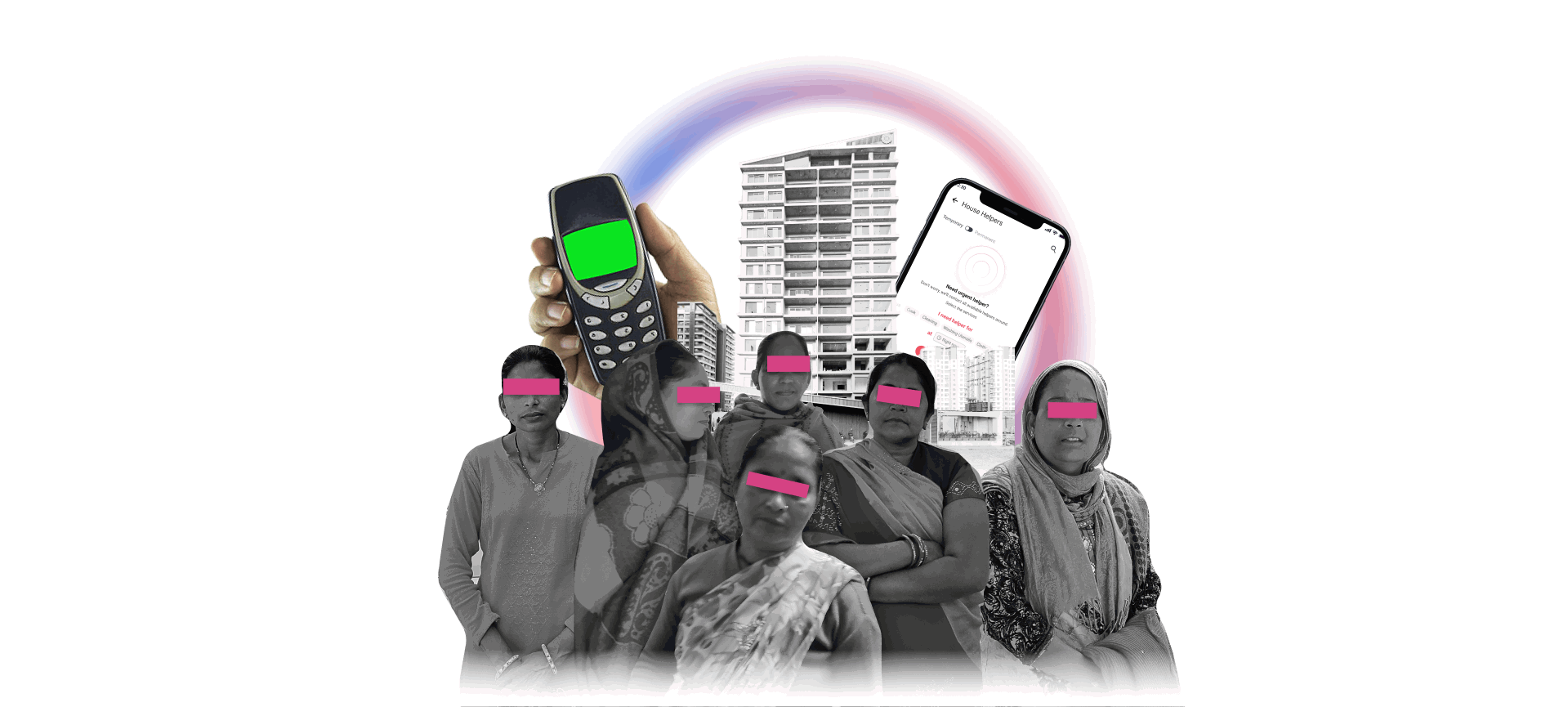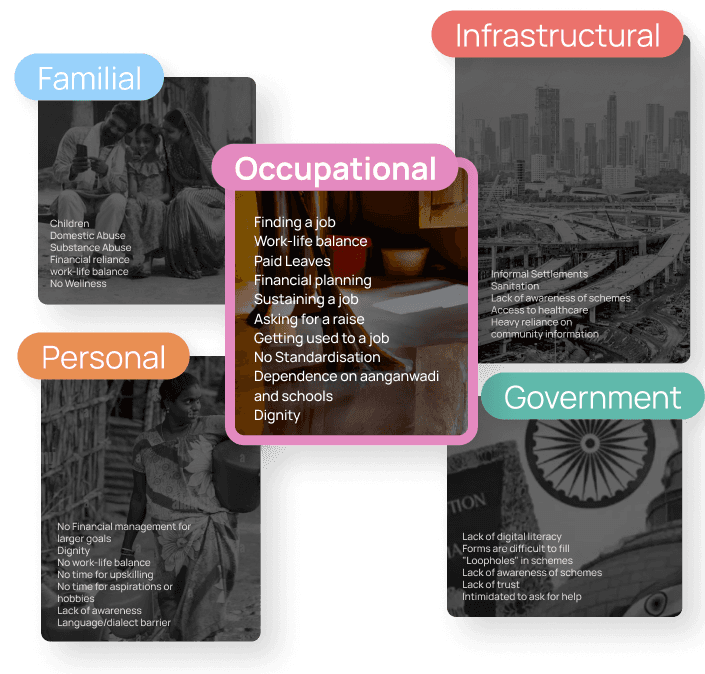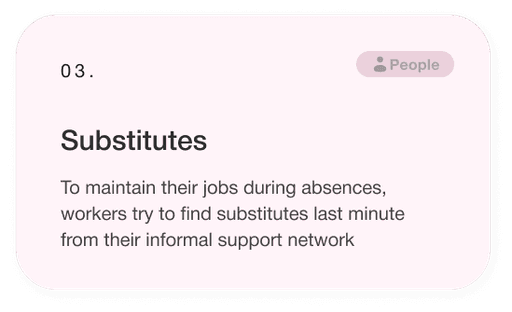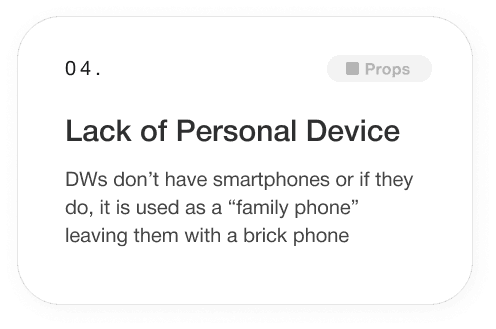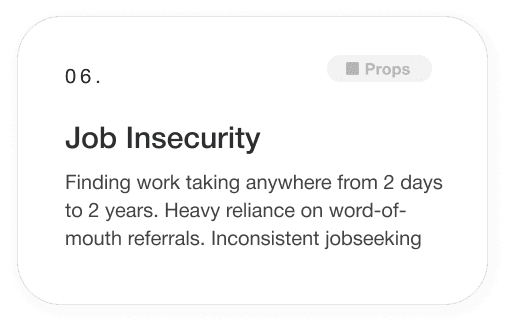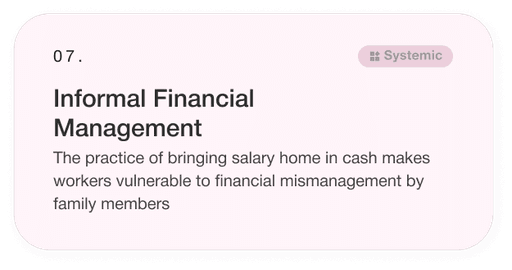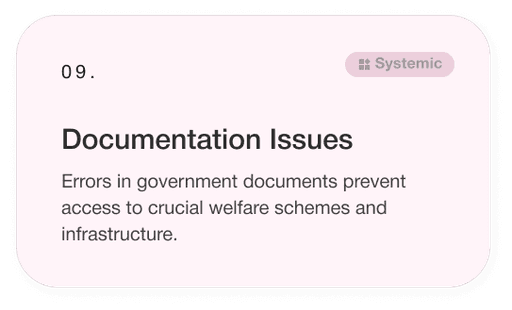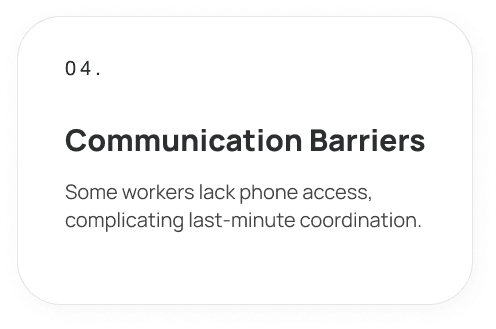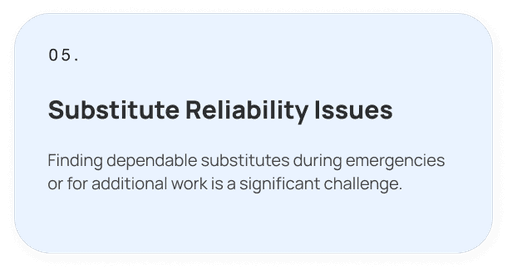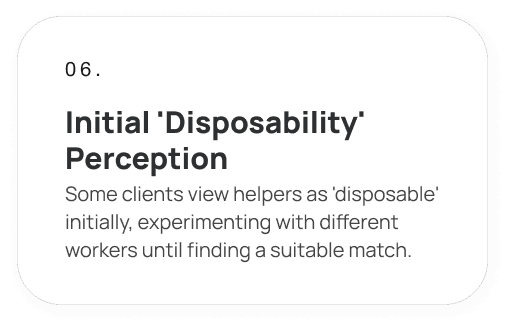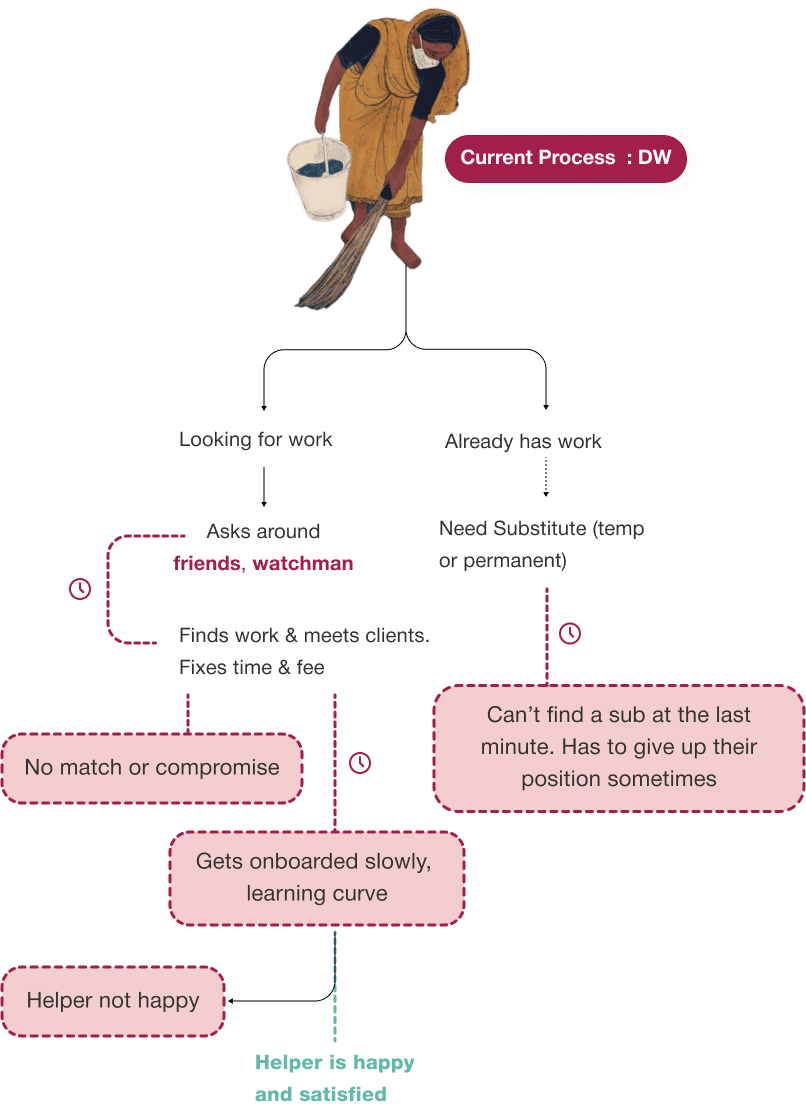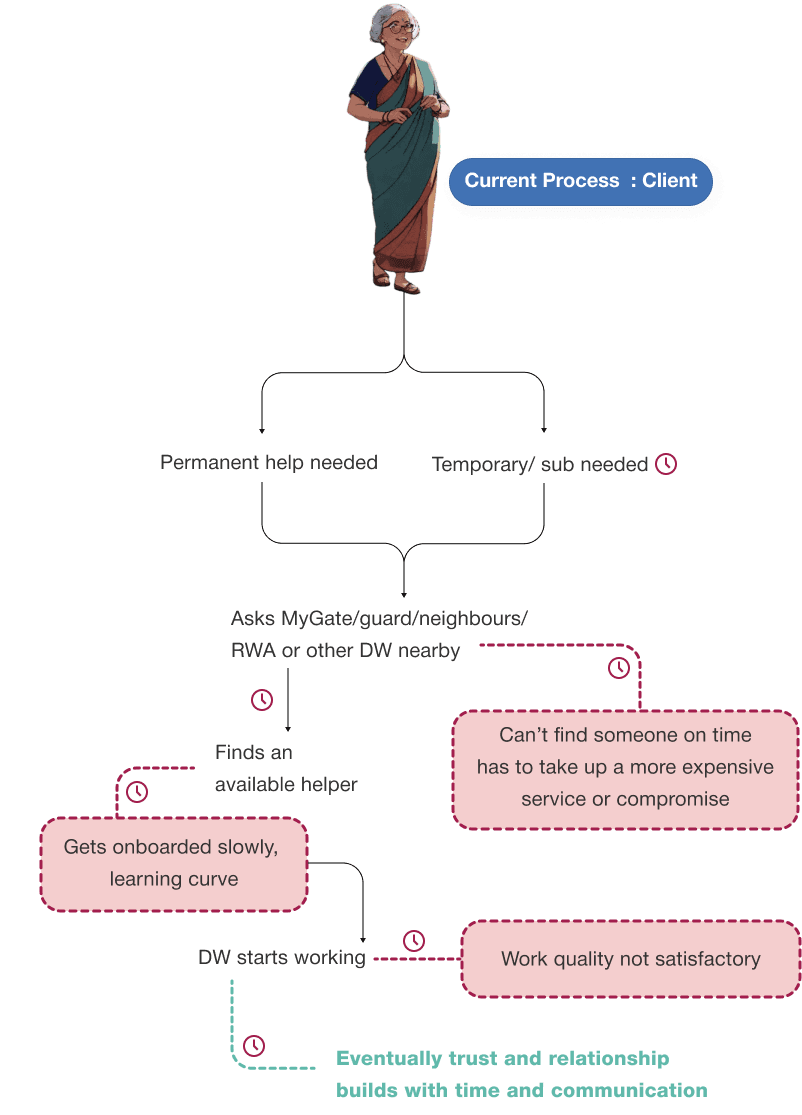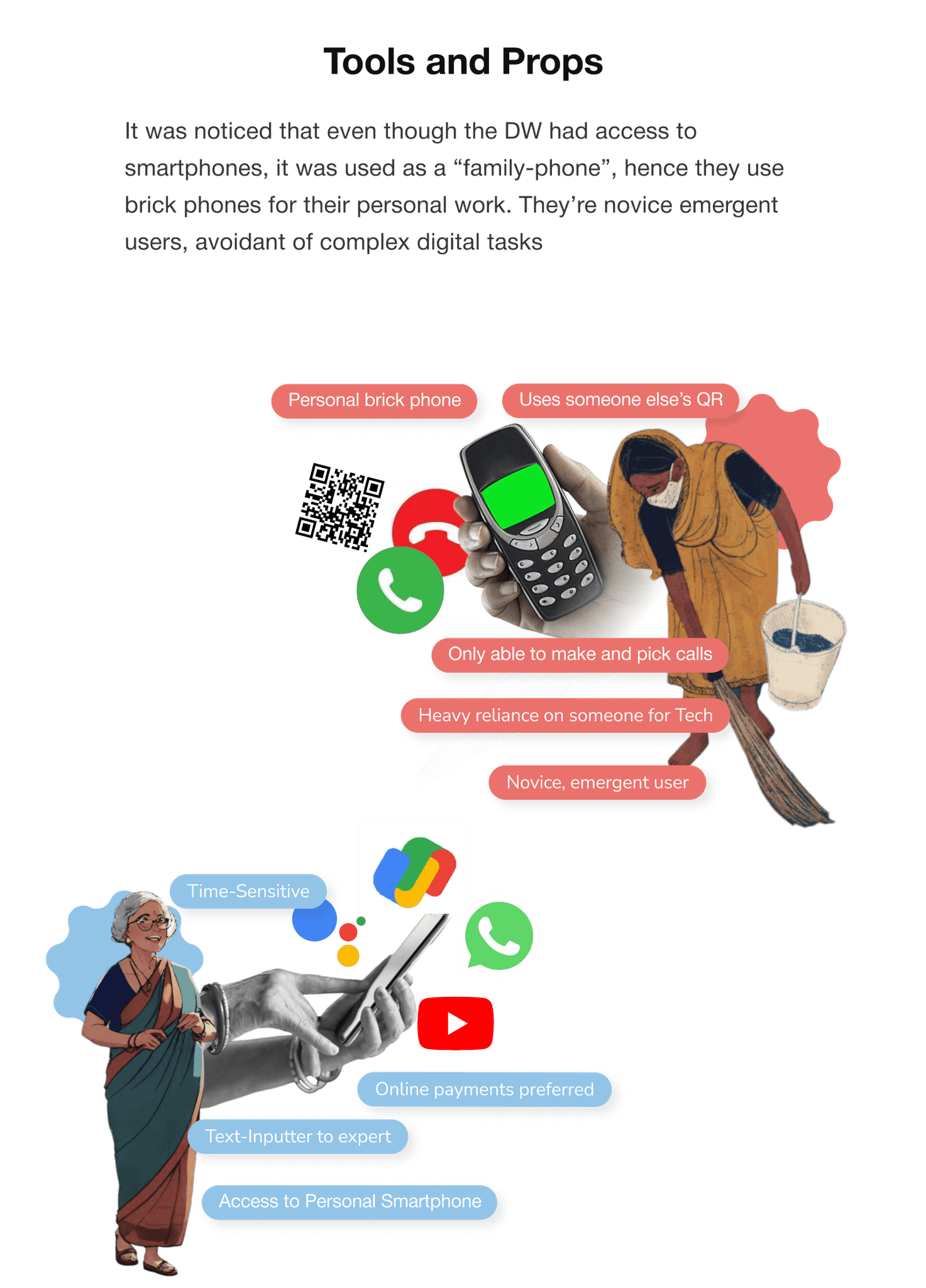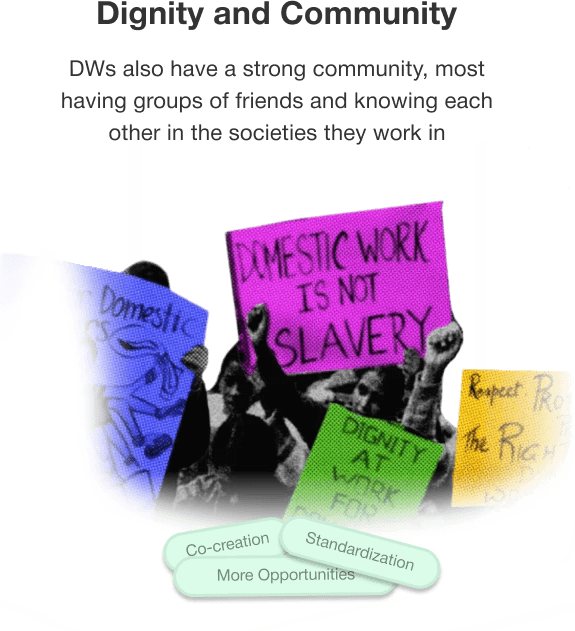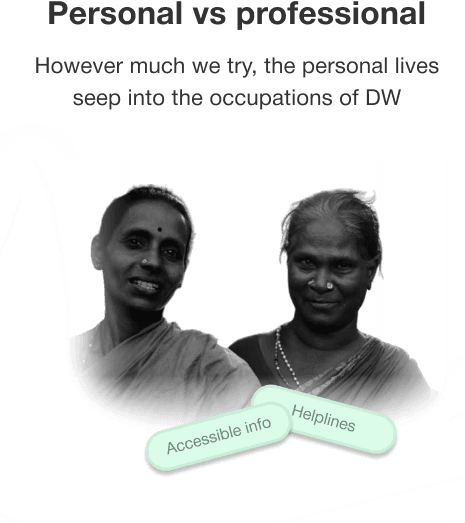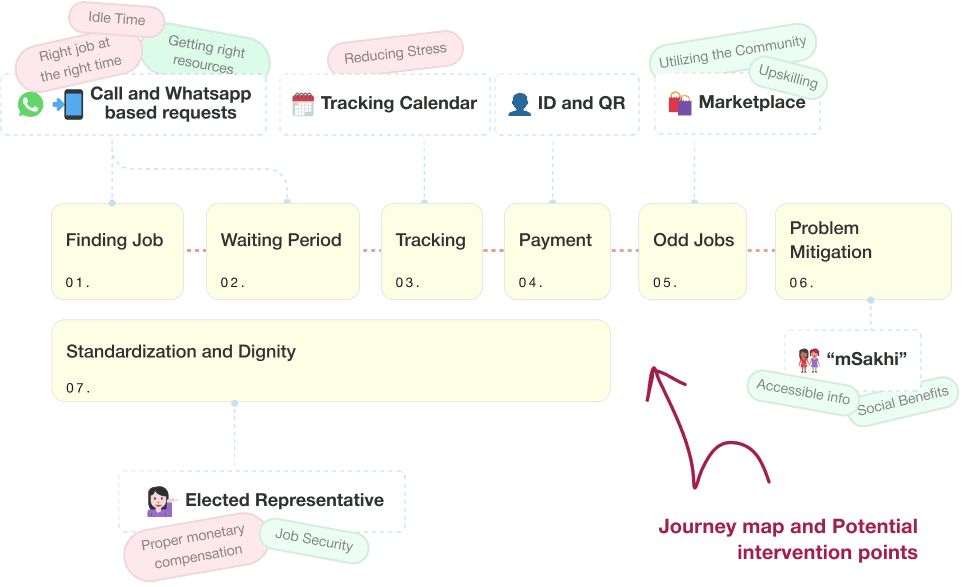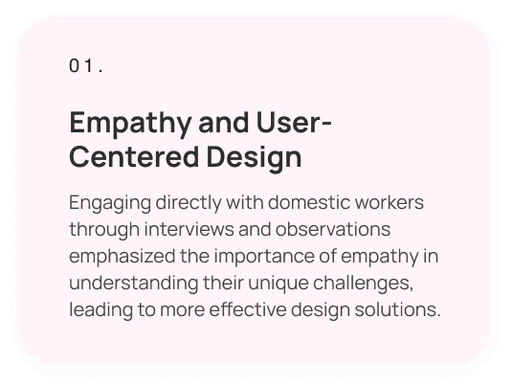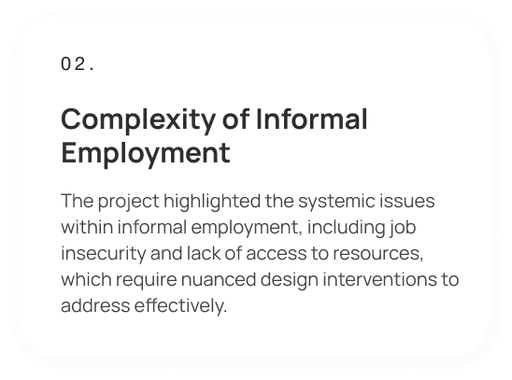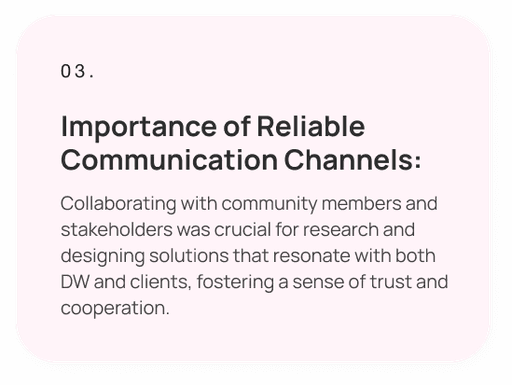Design for Domestic Workers
Timeline
3 months
Keywords
Service Design, UX Design, UI Design
Type of Project
Thesis Project
Sponsor
IIT Bombay
TLDR;
I designed a service design solution for domestic workers on India, focusing mainly on their occupational needs, elevating their work experience using the existing tools and ecosystem, keeping the culture and props in mind.
Reading time:
7 minutes
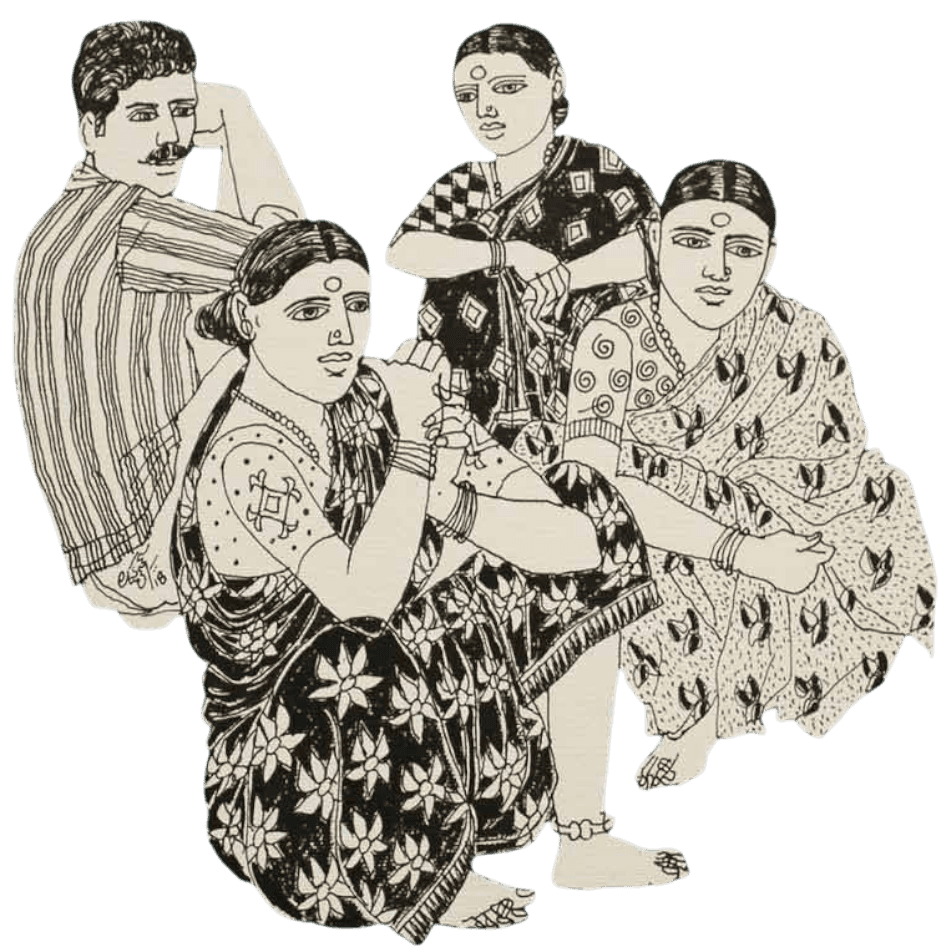
As per National Domestic Workers Movement
The number of domestic workers in India is estimated to be more than 50 million. Nearly 90% of domestic workers in India are women or children
And yet, they are one of the poorest and most exploited groups of workers in the country, lacking solutions for basic needs
(For convenience, Abbreviation "DW" is used for Domestic Workers in this project)
Timeline
Domain Research
Primary Research
Revised Brief
Themes
Kotler’s Model
Service concept Ideas
Touchpoint Details
Research Synthesis
Scenarios
Mind mapping
Prototyping
Exploratory Primary Research
Secondary Research
Problems Identified
Opportunities
Customer Journey Map
Testing
Personas
Ecosystem
Blueprint
Evaluation
Chapter 1
Scratching the Surface
It started when I read about the wicked problem of Domestic Workers (DW) in india During COVID 19 ranging from low wages, lack of job security to more systemic, policy-level issues.
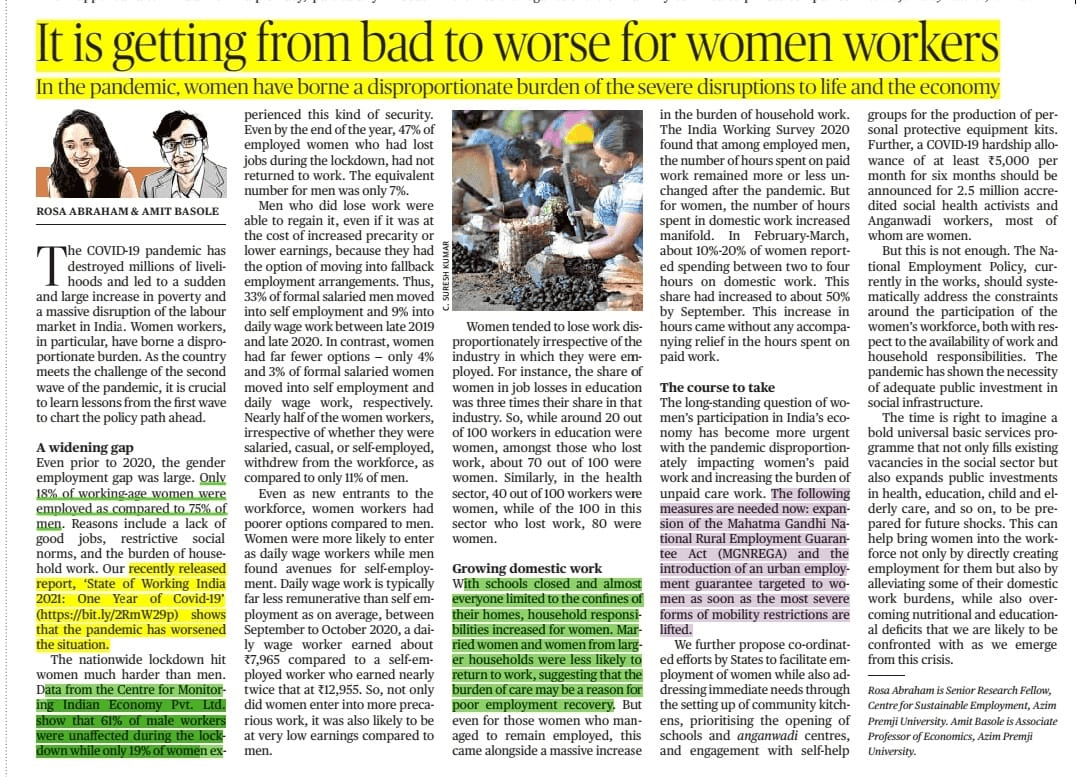
No Access to Policies
Informal Employment
Low Wage
Improper treatment
Unstructured System
Exploitations
Gendered Discrimination
This led me to do an exploratory primary research
I started funneling down to their Occupational Needs because of the recurring theme of issues and the degree of control
Redefined scope
For the scope of the project, I selected the constraints and bounded locality whose context I was familiar with
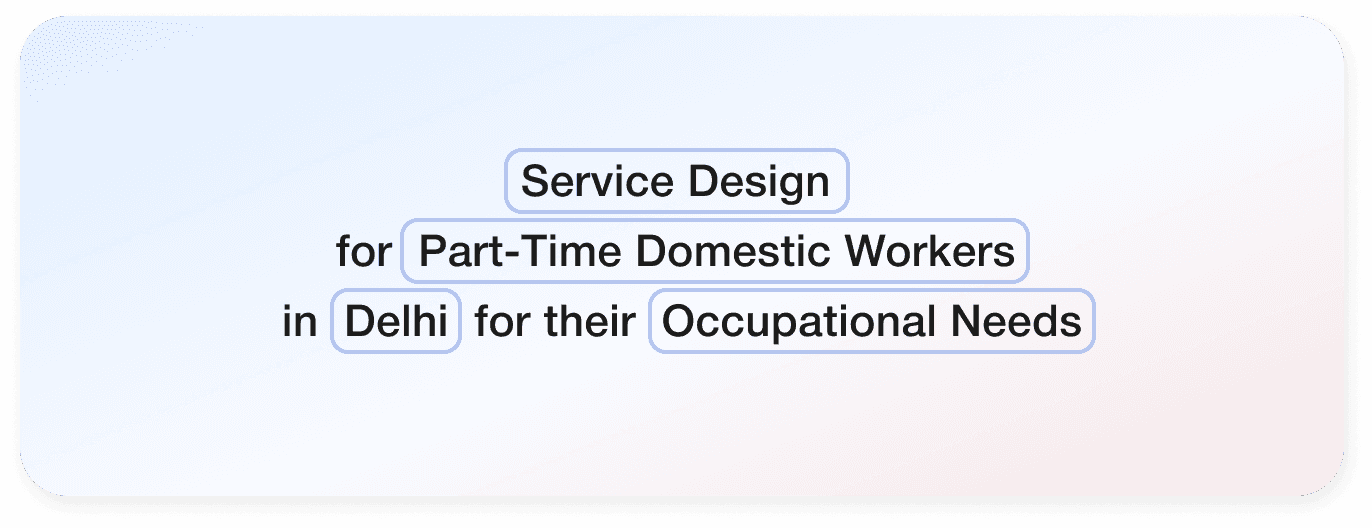
Chapter 2
Understanding
Placement agencies and digital platforms in this sector often exploit workers and clients, creating a lose-lose situation due to lack of regulation, due to which, clients and DW rely predominantly on word-of-mouth
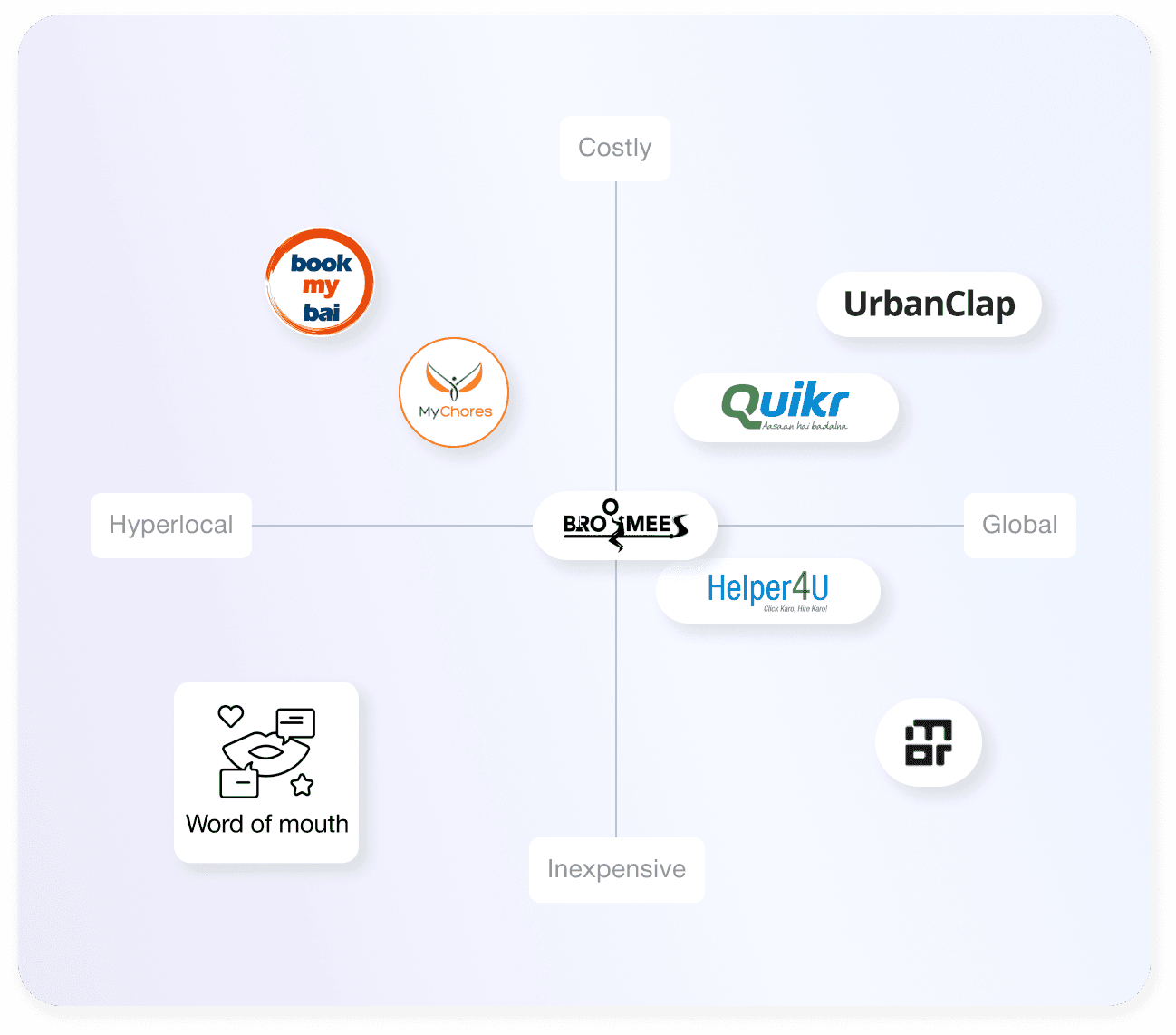
Contextual Inquiry and the Current System
I performed contextual inquiry with around 15 DW and took observational data, and 5 clients from different locations in New Delhi
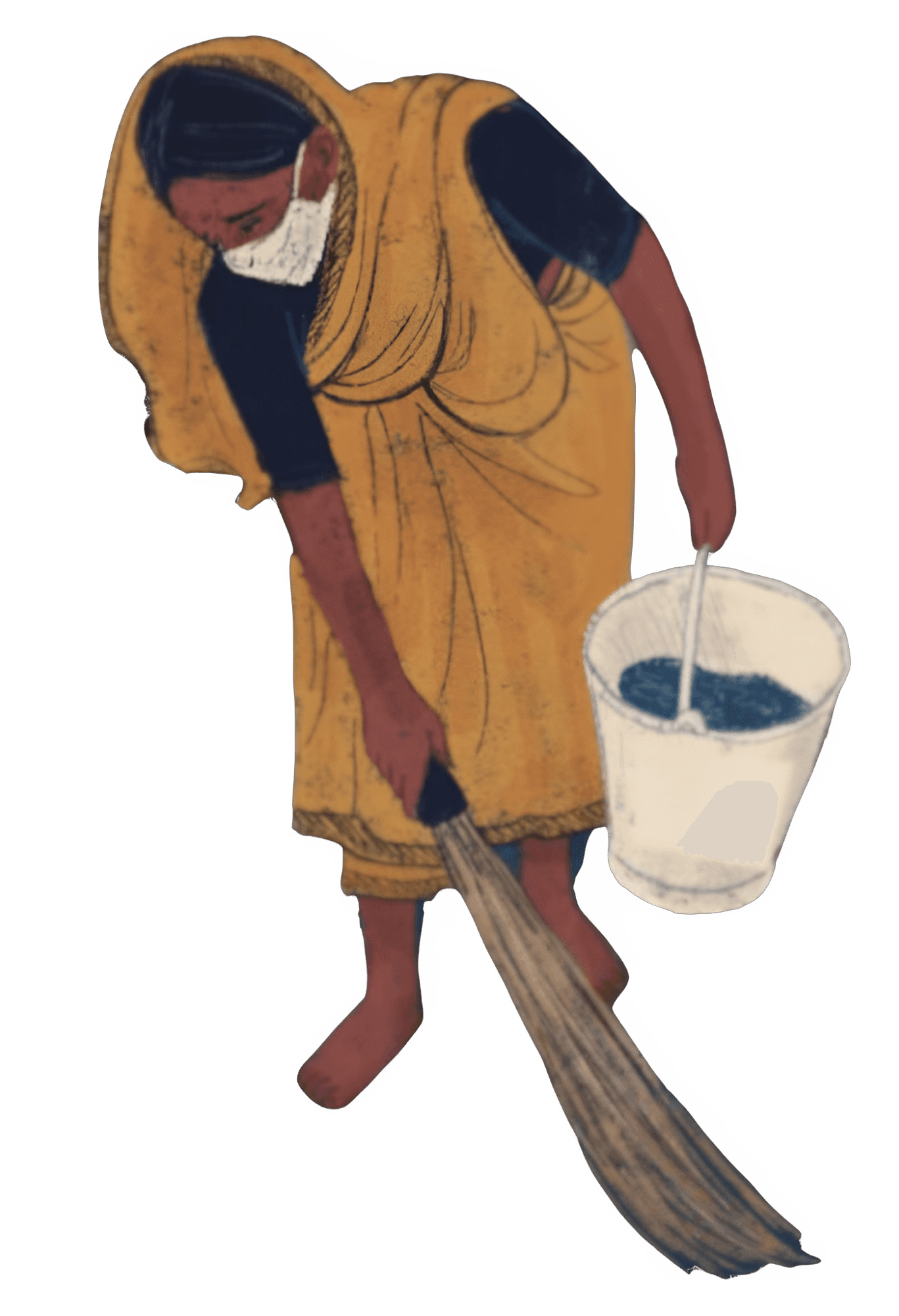

Design Goals
The research and insights helped me identify the
design goals for this project
Make service providers self-reliant and independent freelance-like worker
Transparent, disintermediated, accessible, and more humanised service
Facilitating harmonised relationship between the employer and helper
Acknowledge & prepare for unstructured nature of work

Bridge the gap between service provider (domestic helpers) and clients (residents)
Chapter 3
Zooming into the Problem
After researching, an ecosystem was created to understand and leverage the existing connections and community DW and clients have
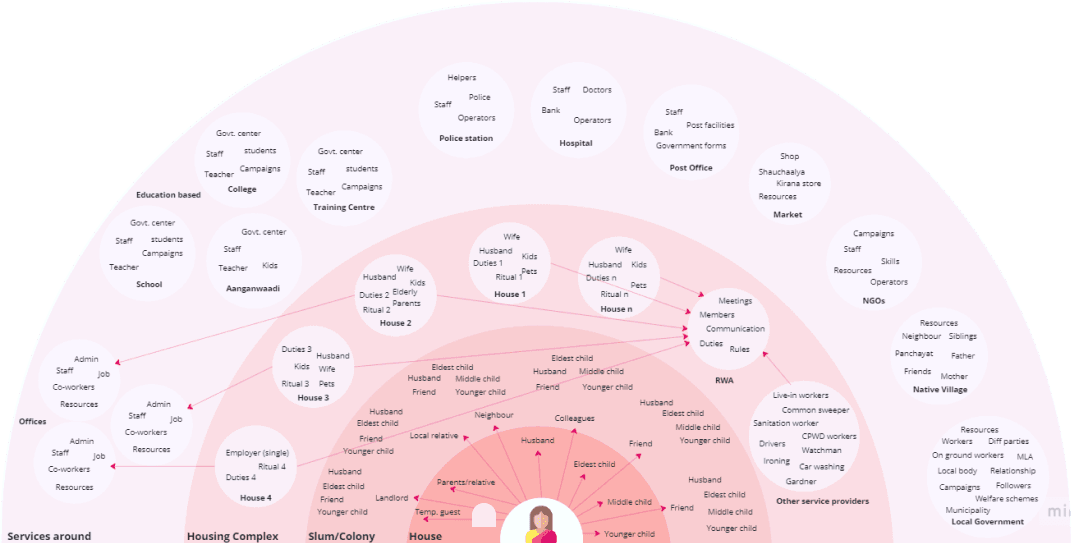
Opportunity Areas
Opportunities developed in two ways- either by
increasing the benefits, or by decreasing the costs

Chapter 4
Design Interventions
The proposed reforms were different design interventions
working as a constellation to work as a service
Current Practices
Currently, the job discovery happens either through a person
(neighbour/ guard/ another DW) or via society apps like MyGate
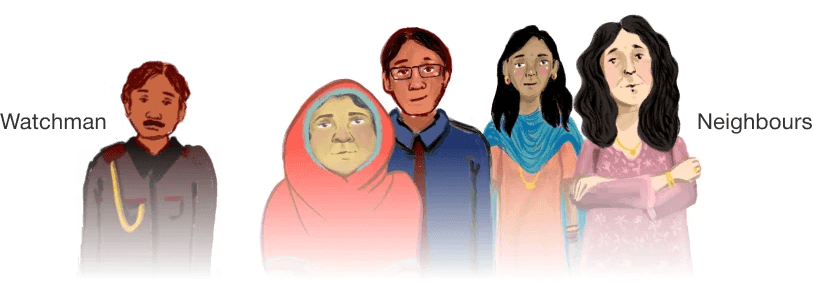
or
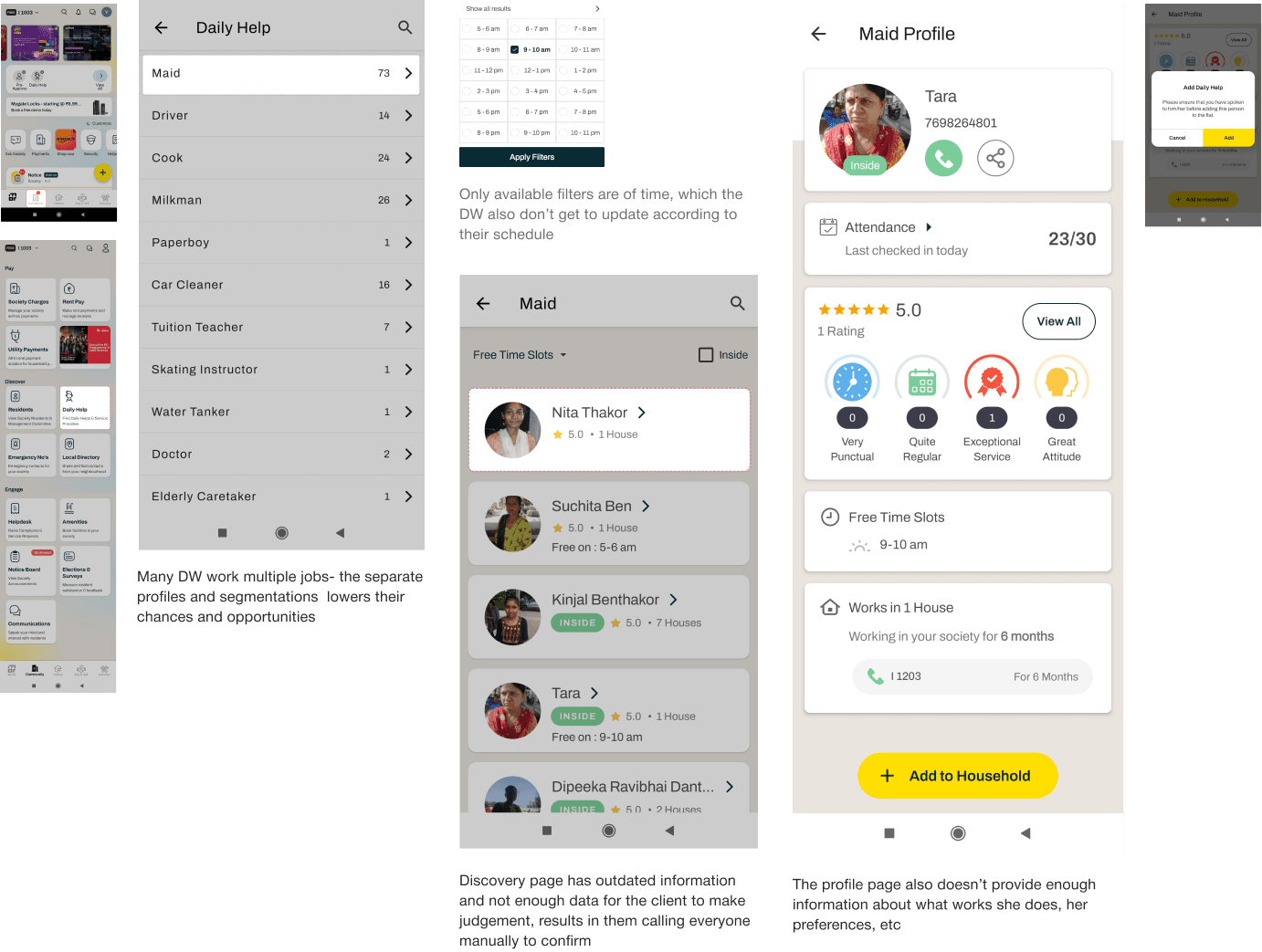
Considerations
Since the project deals with wide array of complex problems,
there were multiple considerations for the DW
Considerations
Since the project deals with wide array of complex problems,
there were multiple considerations for the DW
Clustering Touchpoints
The interventions were broadly categorised and chunked for seamless and fast transactions. According to the current scenario, efficient medium were chosen to deliver value effectively
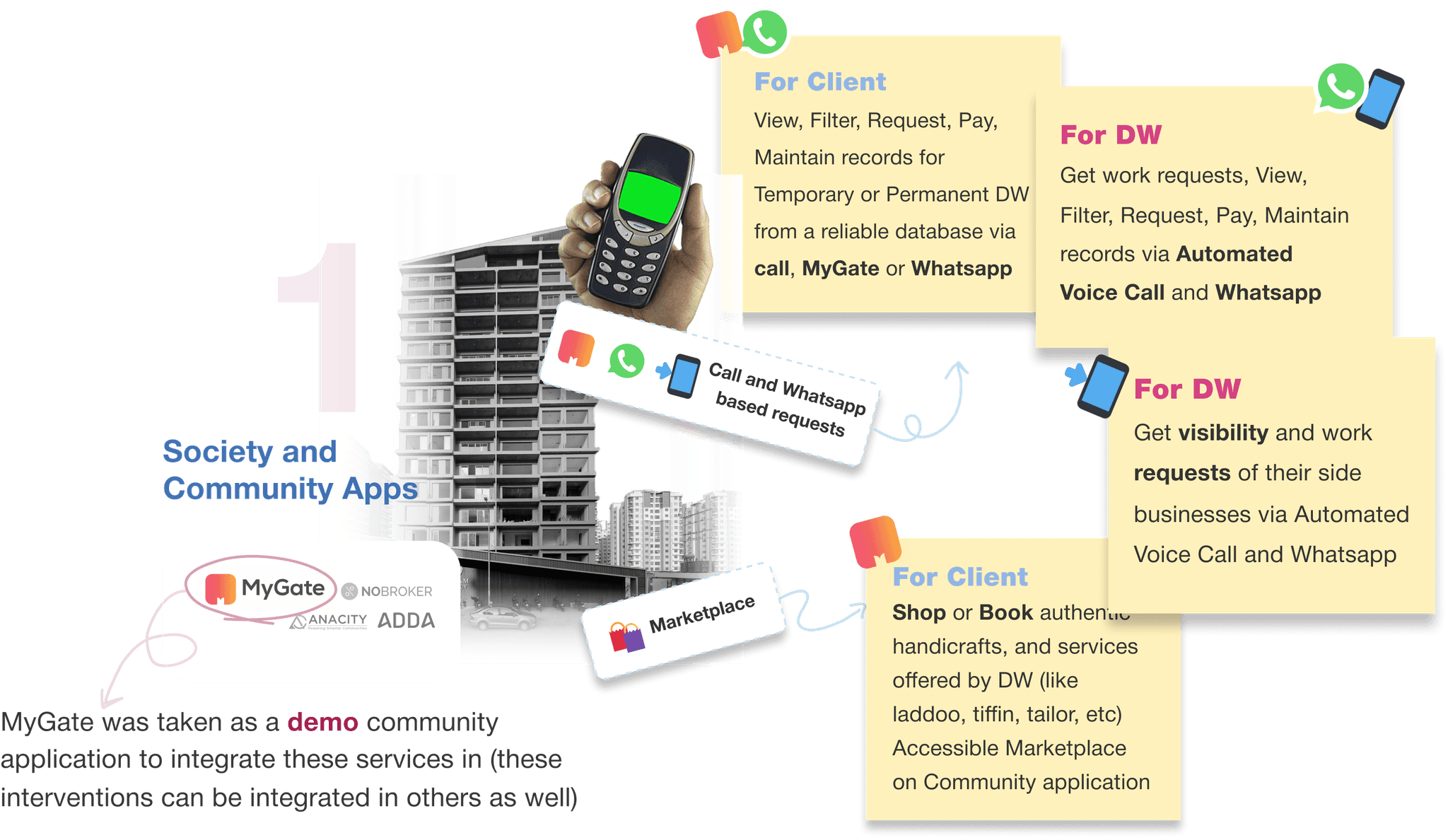
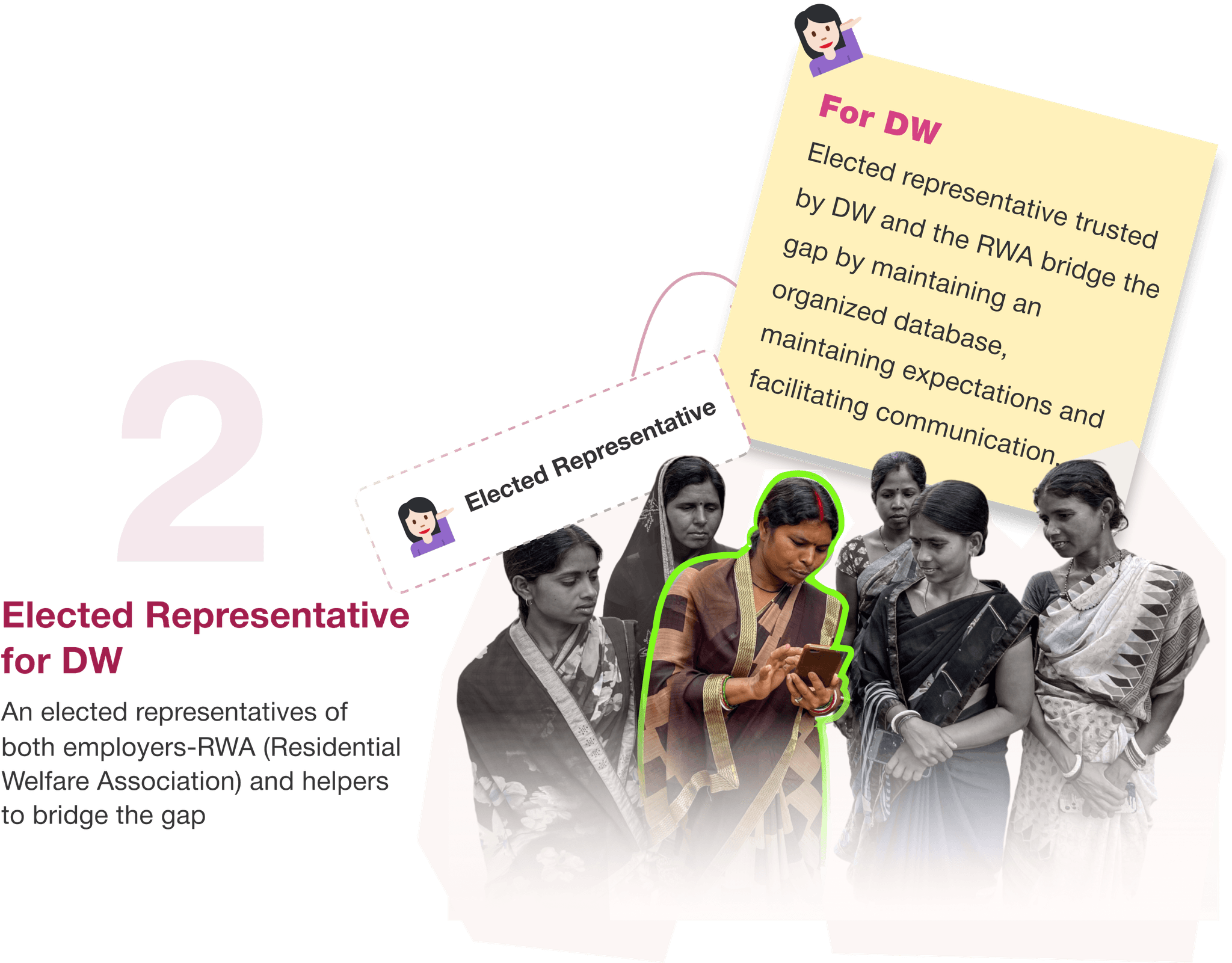

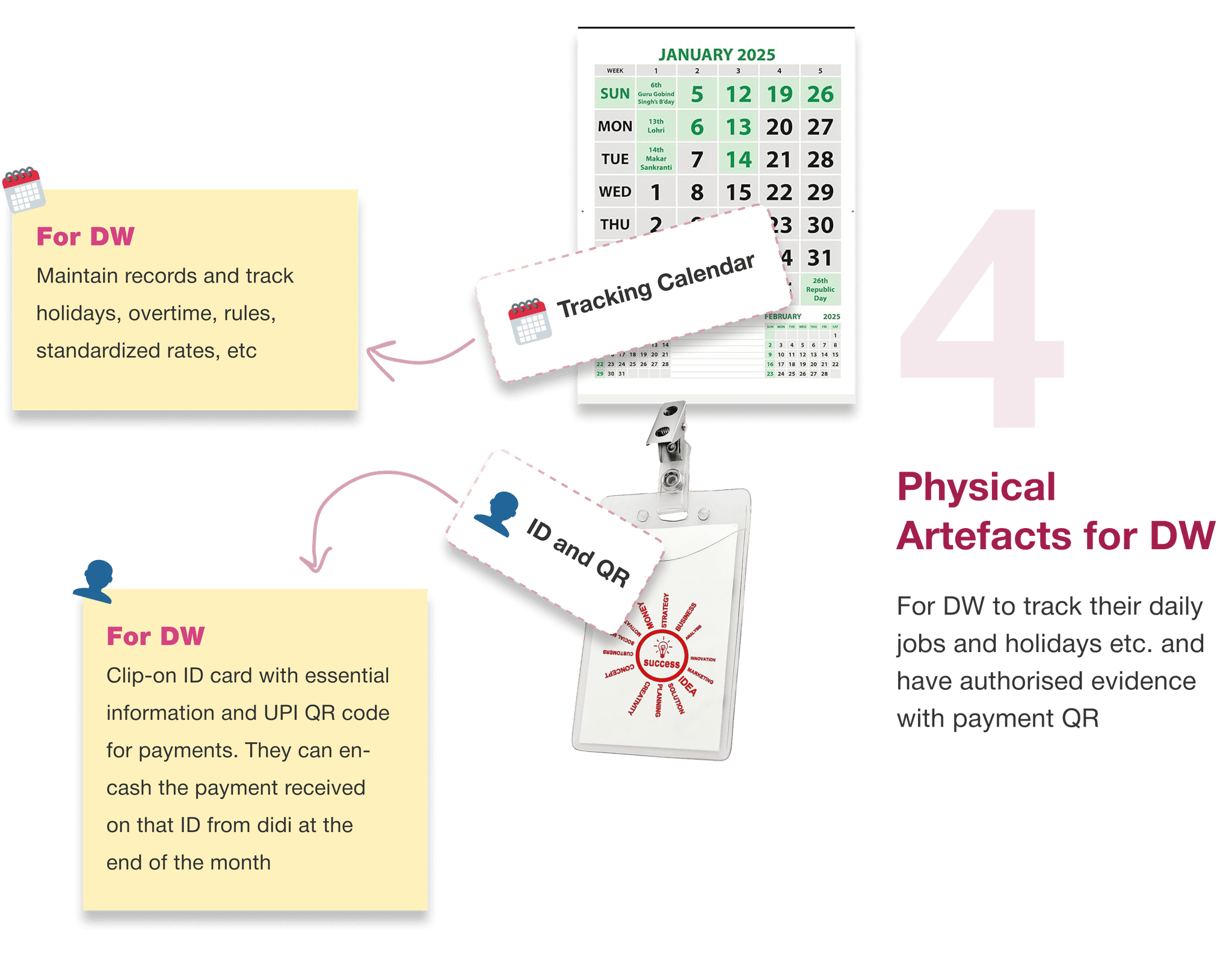
Finding a Permanent Helper
More humanised data with relevant filters fir better success rate. To still have the personal touch, the client has to call to request the service
Finding a Temporary Helper
Quickly find relevant temporary helper that are within range and available, with just a tap



This service aims to address the various challenges and issues faced by domestic workers, providing them with a centralized platform to seek assistance, information, and connections to relevant resources.
“mSakhi: A Govt Initiative” is a toll-free helpline designed to support DW, ensuring that constraints don't prevent domestic workers from seeking help and information.
9898989898
किसी भी नीजि सहायता, सेवा, या सरकारी सवालों के लिए सखी को फ्री कॉल करें
कानूनी सहायता
स्वास्थ्य सेवा
वित्तीय सेवाएं,
सरकारी सेवाएं,
सुरक्षा और संरक्षा
बच्चे और परिवार


सखी
Education and Skill Development
Financial Services
Health Services
Social Security
Child Care Services
Community Support
Chapter 6
In the hands of the Users
The idea was to test the service and design interventions based on the different factors as listed. Grounded Theory was used to get idea of the intervention’s impact
Requirement
Efficiency
Usability
Limitations
Interest
Effectiveness and Impact
Viability
Feasibility
Testing Methods used
With the prototypes in hand, I wanted to test out the service. Although, the service itself can not be tested to full capacity with limited resources, I was able to test out design interventions using different appropriate testing methods that included:
Wizards of Oz

Clickable Prototype

Day in Life

Storyboard
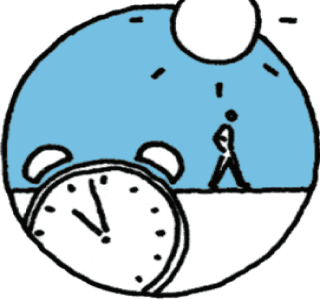

Expert Stakeholder Interviews


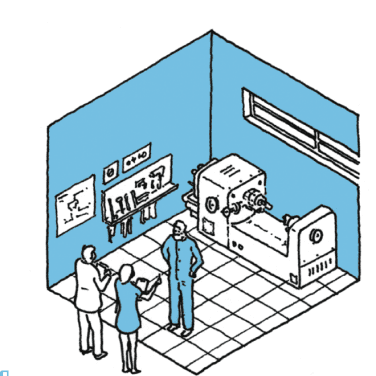
DWs
Clients
Gender Lawyer
Women’s NGO (Rang De)
Culminated Results
Using these methods, the interventions were tested on these factors, and a score (out of 5) was given to each intervention once tested on different factors, and lastly, these scores were averaged wrt Clients and DW and plotted:
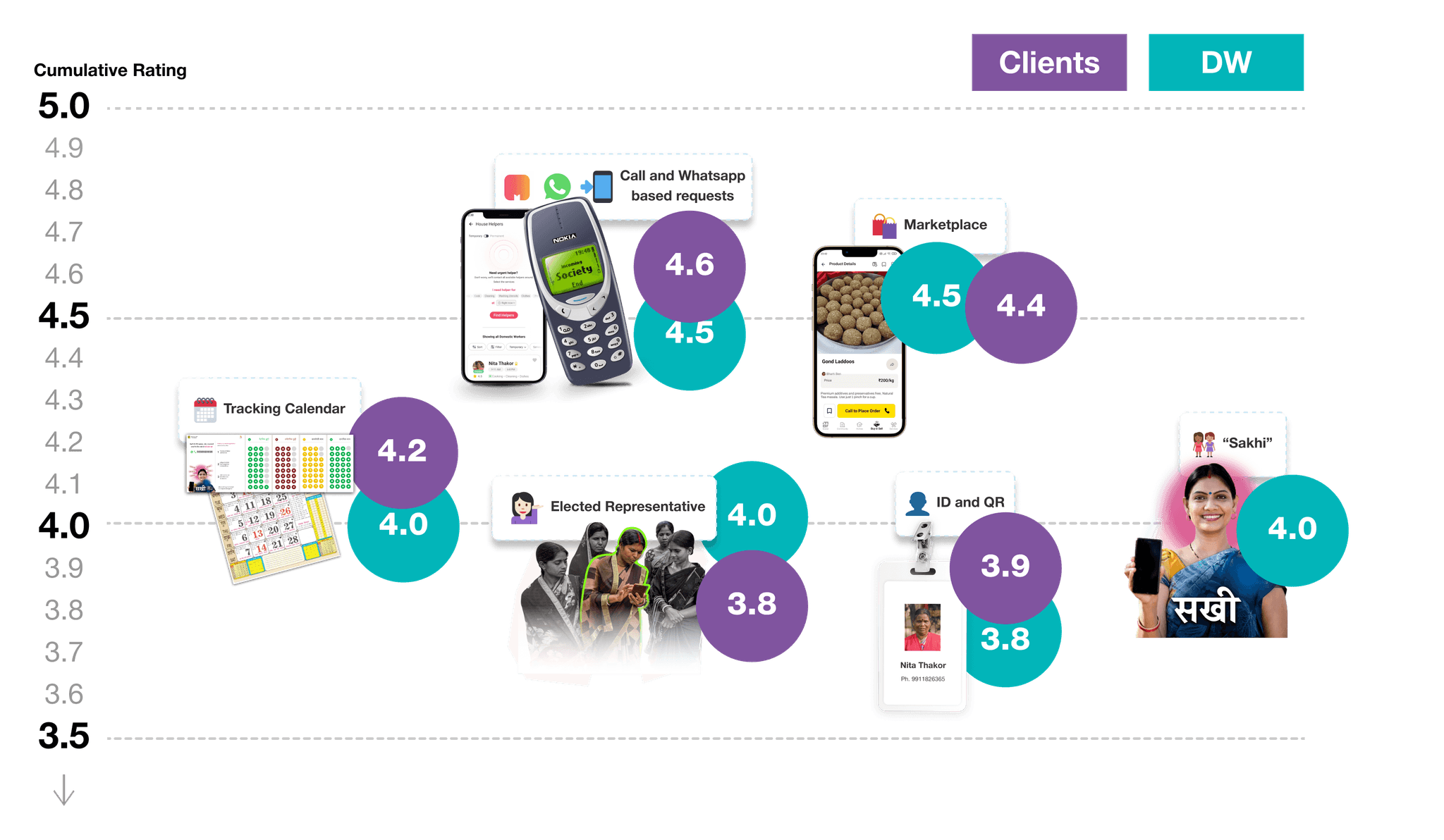
RICE Prioritization
Having tested the different interventions and interviewed the different stakeholders, to be able to prioritize the solutions, I carried out RICE
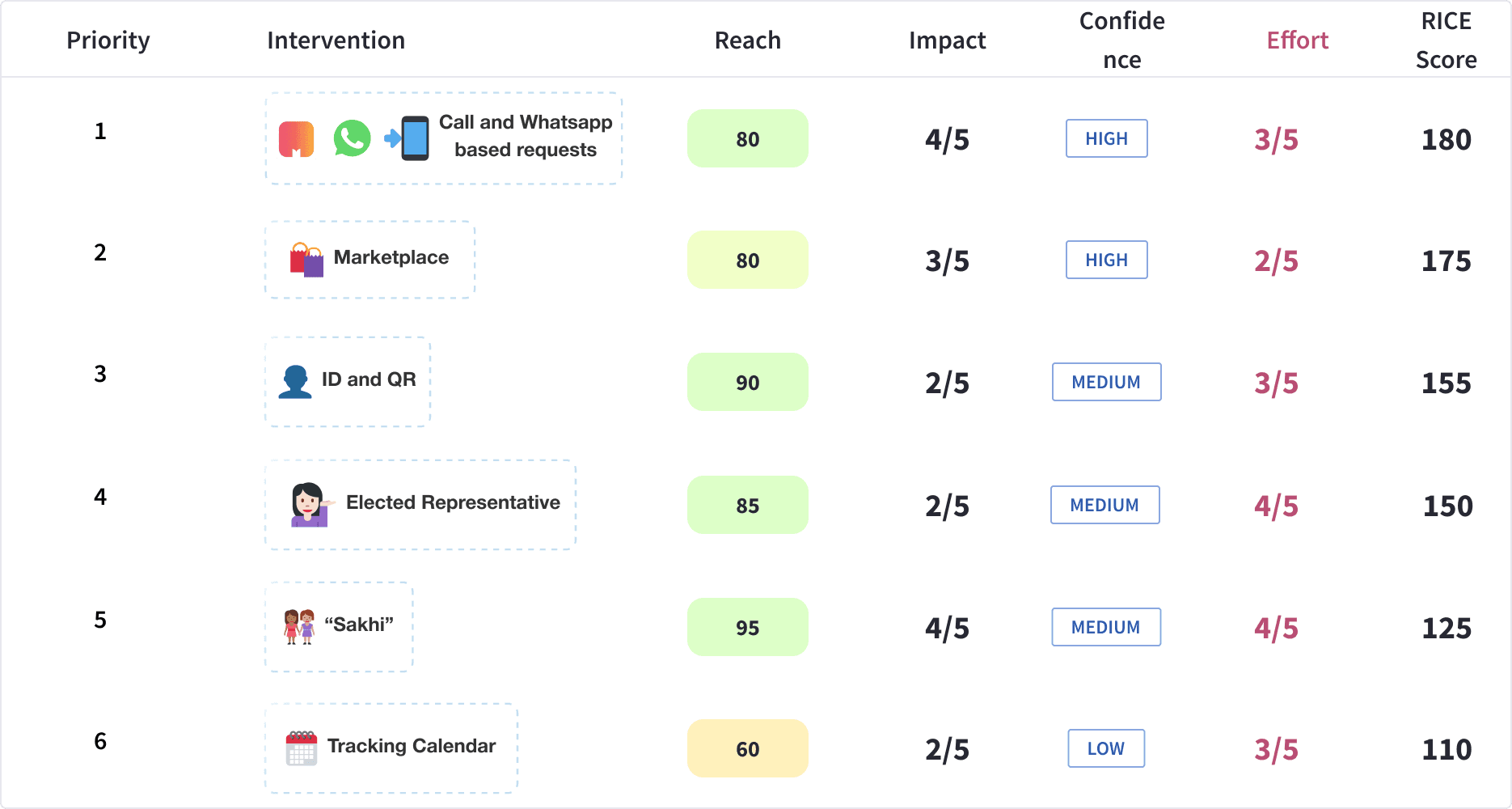
Chapter 7
At the end,
Though eliminating all pain points for domestic workers is challenging, design interventions can greatly alleviate the issues. This project has been transformative, enhancing my growth as a designer and deepening my understanding of societal challenges at both macro and micro levels.
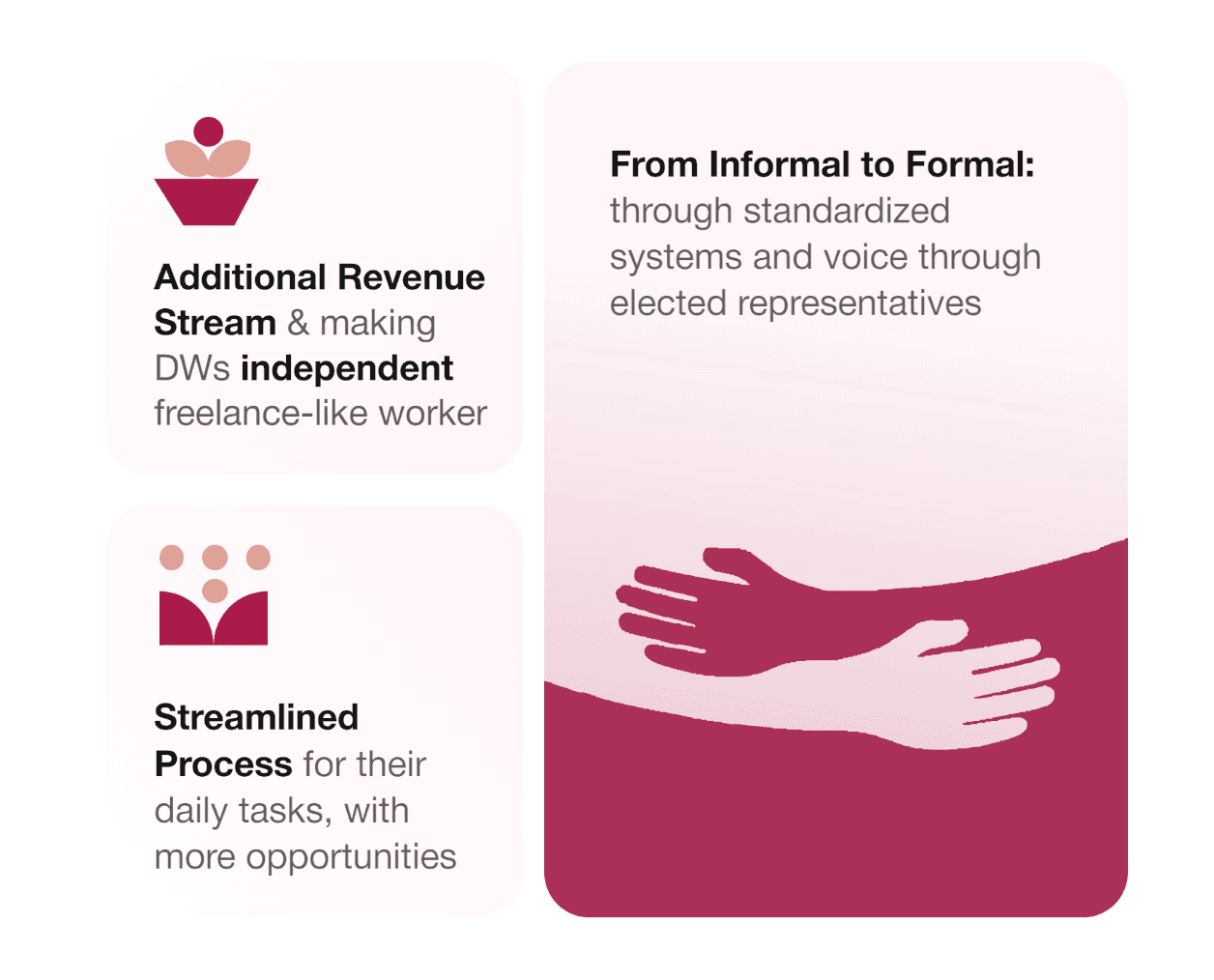
Learnings
Having tested the different interventions and interviewed the different stakeholders, to be able to prioritize the solutions, I carried out RICE
Future Scope
Though eliminating all pain points for domestic workers is challenging, design interventions can greatly alleviate the issues. This project has been transformative, enhancing my growth as a designer and deepening my understanding of societal challenges at both macro and micro levels.
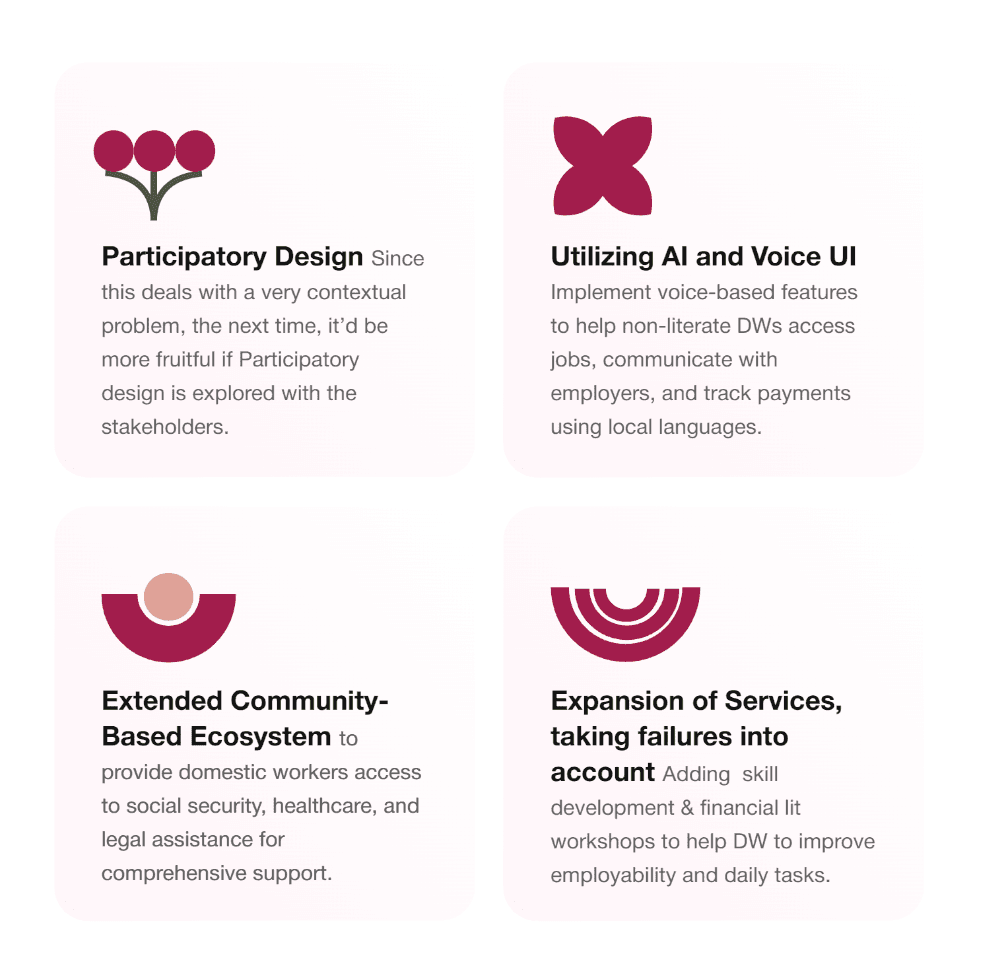
Behind the Scenes
